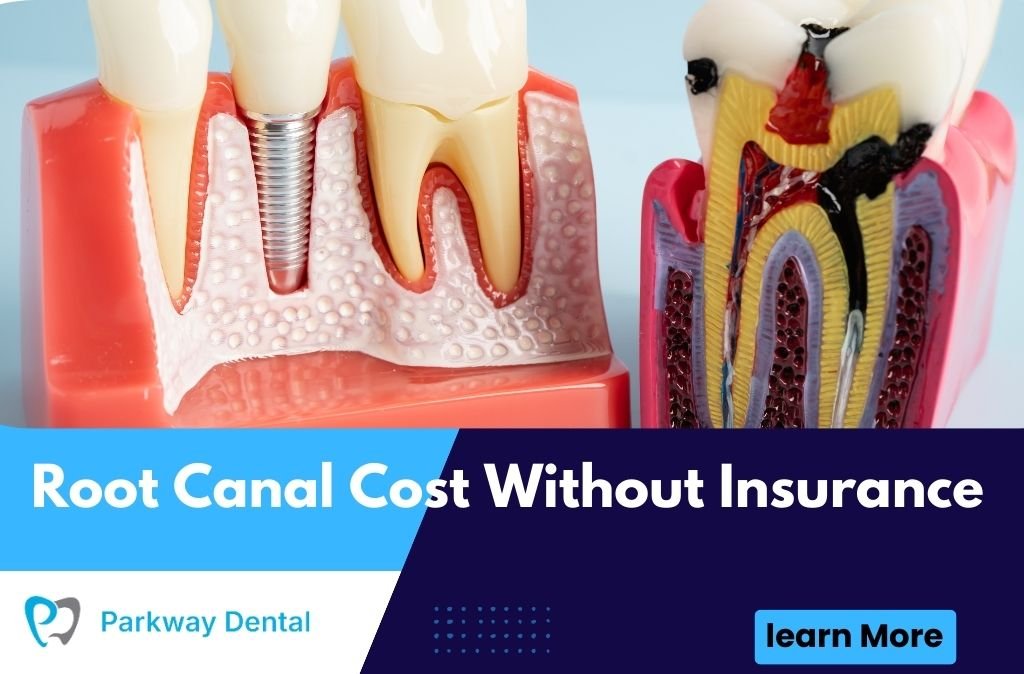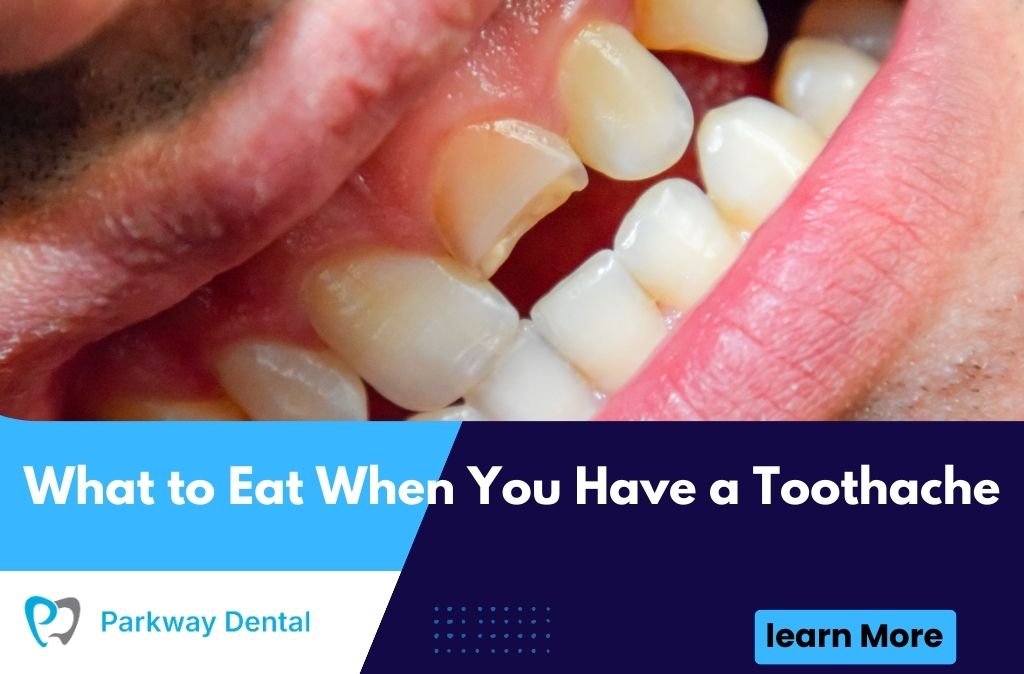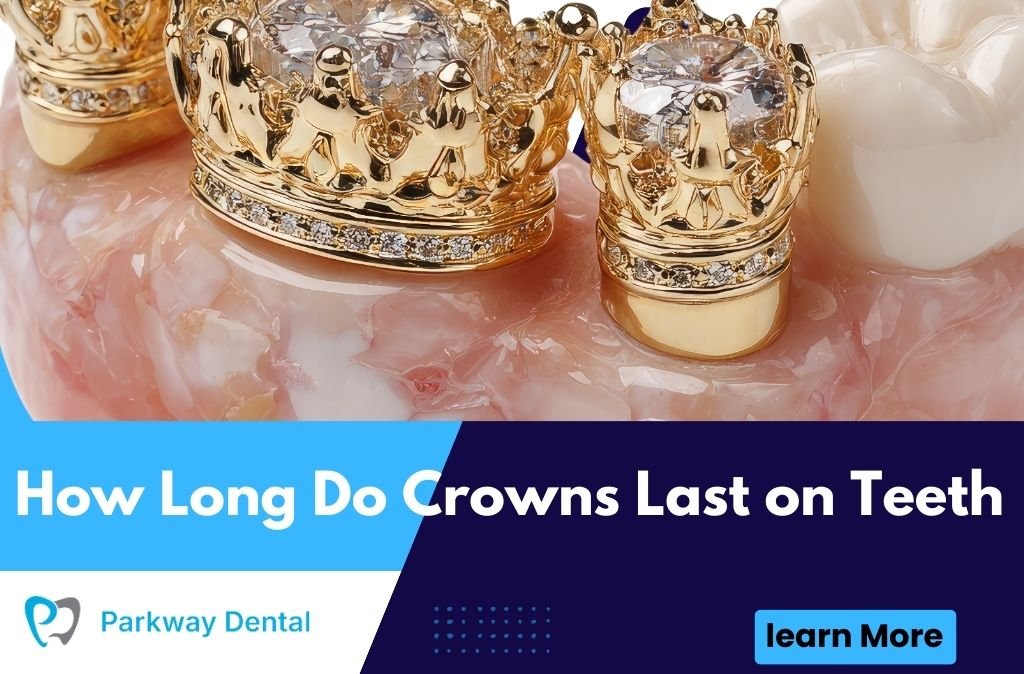When it comes to maintaining optimal oral health, what you eat plays a crucial role alongside your brushing and flossing routine. As a West Roxbury dentist with years of experience treating dental issues caused by dietary choices, I’ve witnessed firsthand how certain foods can wreak havoc on otherwise healthy teeth. Understanding which foods pose the greatest threat to your dental health can help you make informed decisions that protect your smile for years to come.
How Food Affects Your Dental Health
Before diving into the specific culprits, it’s important to understand how foods interact with your mouth. When you consume food and beverages, you’re not just feeding yourself—you’re also feeding the bacteria that naturally reside in your mouth. These bacteria form plaque, a sticky film that coats your teeth. When plaque bacteria encounter sugars and certain carbohydrates, they produce acids that attack tooth enamel for up to 20 minutes after eating.
This acid attack is the primary mechanism behind tooth decay and cavities. Over time, repeated acid exposure weakens and breaks down enamel, the protective outer layer of your teeth, leading to cavities and increased sensitivity. Some foods are particularly problematic because they:
- Contain high levels of sugar or simple carbohydrates
- Are acidic themselves, directly eroding enamel
- Are sticky or chewy, remaining on teeth longer
- Cause dry mouth, reducing protective saliva flow
- Stain teeth, affecting aesthetic appearance
The Top Offenders: Worst Foods for Your Teeth
Certain foods can seriously harm your teeth. Sugary snacks, sticky candies, sodas, and acidic drinks like citrus juices weaken enamel and lead to decay. Chips and crackers may seem harmless but turn into sugar during digestion. Avoid frequent snacking on these to protect your teeth and maintain oral health.
Hard Candies and Lollipops
Hard candies are among the most destructive foods for your teeth for multiple reasons. First, they contain concentrated sugar that dissolves slowly in your mouth, bathing your teeth in a sugar solution for extended periods. Second, biting down on hard candies risks cracking or chipping teeth, potentially leading to dental emergencies.
The prolonged exposure to sugar creates an ideal environment for acid-producing bacteria. Additionally, many people tend to suck on hard candies throughout the day, further extending the harmful effects.
Sticky and Chewy Sweets
Caramels, taffies, gummies, and dried fruits top the list of problematic sticky treats. These adhesive foods cling tenaciously to the surfaces of teeth and become lodged in crevices, where they’re difficult to remove even with brushing. The longer these sugary substances remain on your teeth, the more time bacteria have to produce enamel-eroding acids.
Particularly concerning are combinations like chocolate-covered raisins or caramel with nuts, which combine sticky textures with high sugar content, creating a perfect storm for cavity formation.
Sodas and Sugary Beverages
Regular soda consumption is strongly associated with increased tooth decay and erosion. A typical 12-ounce can of soda contains approximately 10 teaspoons of sugar—more than the recommended daily allowance. Beyond the sugar content, most sodas are highly acidic, with pH levels between 2.5 and 3.5 (water has a neutral pH of 7).
This acidity directly erodes enamel without bacterial involvement. Diet sodas aren’t much better, as they maintain the same enamel-eroding acidity without the sugar. Energy drinks and sports drinks often contain both high acidity and high sugar content, making them equally damaging.
Citrus Fruits and Juices
While nutritionally beneficial, citrus fruits like lemons, oranges, and grapefruits contain high levels of citric acid that can significantly erode dental enamel. This erosion leaves teeth more vulnerable to decay and leads to increased sensitivity.
Citrus juices are even more problematic than whole fruits, as they provide concentrated acid exposure without the fiber that stimulates saliva production. The frequent sipping of orange or lemonade throughout the day creates a constantly acidic oral environment that never gives teeth a chance to recover.
Alcohol
Alcoholic beverages pose several risks to dental health. First, alcohol causes dehydration and decreases saliva production. Saliva is essential for neutralizing acids, washing away food particles, and remineralizing enamel. The reduced protective effects of saliva during alcohol consumption leave teeth vulnerable.
Many alcoholic drinks are also acidic (wine) or contain high sugar levels (mixed drinks, liqueurs). Wine, both red and white, contains erosive acids that attack enamel, with white wine typically being more acidic than red. Additionally, dark alcohols like red wine can significantly stain teeth over time.
Ice
Though made only of water, chewing ice can cause dental disasters. The extreme hardness of ice combined with its cold temperature creates perfect conditions for cracked and chipped teeth, damaged enamel, and problems with existing dental work like fillings and crowns.
This habit is particularly harmful for people with existing dental sensitivity. Despite being sugar-free and calorie-free, ice should be used to chill beverages, not as a snack to chew.
Potato Chips and Crackers
Starchy snacks like potato chips and crackers might seem less harmful than sweets, but they’re actually quite problematic for teeth. These foods contain simple carbohydrates that convert to sugar in the mouth. Additionally, they become mushy when chewed and easily get trapped between teeth.
The lodged particles then feed acid-producing bacteria long after you’ve finished your snack. The frequent consumption of these convenient snacks throughout the day means teeth experience extended periods of acid attack.
Coffee and Tea with Additives
Plain black coffee and unsweetened tea have some oral health benefits due to their antioxidant properties. However, these benefits are quickly negated when sugar, flavored syrups, or sweetened creamers are added. Beyond introducing sugar, coffee and tea can stain teeth due to their dark pigments and tannins.
The addition of caramel, vanilla, or chocolate flavoring common in specialty coffee drinks significantly increases both sugar content and staining potential.
Bread and Refined Carbohydrates
White bread, pasta, and other refined carbohydrates can be surprisingly detrimental to dental health. When you chew bread, saliva breaks down the starches into sugar almost immediately. As the bread becomes paste-like, it easily adheres to the spaces between teeth.
The rapid conversion to sugar provides immediate fuel for acid-producing bacteria. Whole grain alternatives are less problematic as they contain less refined carbohydrates and more fiber, which stimulates saliva production.
Popcorn
A movie theater favorite, popcorn presents multiple threats to dental health. Unpopped kernels can crack teeth when bitten unexpectedly, while popcorn husks frequently become trapped between teeth and below the gumline, potentially leading to painful infections if not removed.
Caramel-coated or sweetened varieties combine these risks with high sugar content, making them particularly harmful to dental health.
The Sneaky Dental Health Saboteurs
Some habits silently damage your oral health over time. Nail biting, teeth grinding, using your teeth as tools, and constant sipping on sugary drinks can wear down enamel and strain your jaw. Even seemingly healthy habits like over brushing can harm gums. Awareness is key to protecting your smile daily.
Dried Fruits
Often marketed as healthy snacks, dried fruits concentrate natural sugars and have a sticky consistency that adheres to teeth much like candy. Raisins, dried apricots, and even banana chips can remain on and between teeth for extended periods, feeding bacteria and promoting decay.
Flavored Waters and Sports Drinks
Don’t be fooled by the “water” in the name—many flavored waters contain added sugars or acids for taste. Sports drinks, while useful for rehydrating during intense exercise, typically contain high levels of sugar and acids that can erode enamel rapidly, especially when consumed during dehydration when saliva flow is already reduced.
Cough Drops and Breath Mints
These seemingly innocuous health products often contain significant amounts of sugar to improve taste. Because they dissolve slowly in the mouth, they provide extended exposure to sugar. Sugar-free varieties using sugar alcohols like xylitol are preferable alternatives, as some sugar alcohols actually help prevent tooth decay.
Vinegar-Based Foods
Pickles, vinaigrettes, and many condiments contain high levels of vinegar, an acidic compound that can erode enamel over time. Regular consumption of vinegar-based foods can contribute to acid erosion, particularly when they’re part of daily meals.
Special Concern: Children’s Foods and Dental Health
Children are particularly vulnerable to the effects of tooth-damaging foods due to several factors:
- Developing enamel that may not be fully mineralized
- Less consistent oral hygiene habits
- Higher consumption of sugary snacks and drinks
- Reduced awareness of dental health consequences
Particularly problematic children’s foods include:
- Fruit snacks and roll-ups: Despite fruit-based marketing, these are essentially candy with concentrated sugars and sticky textures.
- Sweetened breakfast cereals: Many contain as much sugar as desserts.
- Juice boxes and pouches: Often contain added sugars beyond the natural sugars in fruit juice.
- Flavored milk products: Chocolate or strawberry milk adds significant sugar to an otherwise healthy drink.
Minimizing Damage: Strategies for Healthier Teeth
While completely avoiding all potentially harmful foods is unrealistic, you can significantly reduce their impact on your dental health with these strategies:
Timing Your Consumption
When you eat problematic foods matters almost as much as what you eat. Consuming sweets or acidic foods as part of a meal rather than as separate snacks reduces their harmful effects. During meals, increased saliva production helps neutralize acids and wash away food particles.
Rinse, Don’t Brush Immediately
After consuming acidic foods or beverages, rinse your mouth with water but wait at least 30 minutes before brushing. Acidic environments temporarily soften enamel, and immediate brushing can actually damage the weakened surface. Rinsing helps neutralize acids while giving your enamel time to reharden.
Smart Substitutions
- Choose cheese, nuts, or fresh fruits as snacks instead of chips or candies
- Opt for plain sparkling water instead of soda
- Select dark chocolate over sticky candies when craving something sweet
- Choose whole grains over refined carbohydrates
- Enjoy fresh fruits rather than dried varieties
Protective Measures
- Drinking through a straw positions potentially harmful beverages toward the back of the mouth, minimizing contact with teeth
- Finishing meals with teeth-friendly foods like cheese or nuts can help neutralize acids
- Chewing sugar-free gum stimulates saliva production, which helps neutralize acids and remineralize enamel
When Damage Occurs: Professional Interventions
Despite best efforts at prevention, tooth damage from dietary choices may still occur. Modern dentistry offers numerous solutions:
- Fluoride treatments: Professional applications help remineralize weakened enamel
- Dental sealants: Protective coatings for cavity-prone areas
- Bonding: Repair of minor chips and cracks
- Veneers or crowns: Restoration of significantly damaged teeth
- Whitening treatments: Removal of food-related stains
The West Roxbury Dentist Perspective
As a practicing dentist in West Roxbury, I’ve observed that patients who modify their diet to reduce consumption of these problematic foods experience significantly fewer cavities and dental emergencies. Often, small dietary adjustments yield substantial improvements in oral health.
Regular dental visits remain essential, as professional cleanings remove plaque buildup that contributes to acid production, and early detection of enamel erosion allows for intervention before significant damage occurs.
Conclusion
While indulging occasionally in foods from the “dental danger” list won’t immediately destroy your teeth, regular consumption can lead to significant problems over time. The cumulative effect of dietary choices becomes evident in dental health, often manifesting as cavities, sensitivity, and eventual tooth loss if left unaddressed.
By understanding which foods pose the greatest risks to your dental health and employing strategies to minimize their impact, you can enjoy a varied diet while maintaining a healthy, beautiful smile. A trusted Dentist in West Roxbury, MA can provide personalized advice based on your specific oral health needs and help you develop a comprehensive plan that includes both smart dietary choices and excellent home care routines.
Frequently Asked Questions
Is it better to eat sweets all at once or spread throughout the day?
Consuming sweets during a single sitting is far better for your teeth than snacking throughout the day. Each sugar exposure triggers about 20 minutes of acid production, so frequent snacking means your teeth are under near-constant acid attack.
Can drinking more water help protect my teeth?
Yes, water consumption is highly beneficial for dental health. It helps wash away food particles, dilutes acids, prevents dry mouth, and if fluoridated, strengthens enamel. Making water your primary beverage is one of the simplest yet most effective dental health strategies.
Are natural sugars in fruits as harmful as added sugars in candy?
While both can feed acid-producing bacteria, whole fruits are less problematic than candy because:
- Their fiber content stimulates saliva production
- They contain water that helps rinse the mouth
- They’re less concentrated in sugars
- They provide nutritional benefits that outweigh risks
How soon after eating should I brush my teeth?
Wait at least 30 minutes after consuming acidic foods or beverages before brushing. Acidic environments temporarily soften enamel, making it vulnerable to damage from brushing. Rinsing with water immediately after eating helps neutralize acids while you wait.
Do whitening toothpastes help with stains from coffee, tea, and wine?
Whitening toothpastes can help with surface stains but have limitations. They typically work through mild abrasives or chemical agents that break down surface stains. For deeper or persistent staining from years of consumption, professional whitening treatments are more effective.
Is chewing sugar-free gum beneficial for teeth?
Yes, chewing sugar-free gum for 20 minutes after meals can benefit dental health by stimulating saliva flow, which helps neutralize acids and wash away food particles. Gums containing xylitol provide additional benefits as this sugar alcohol actively helps prevent tooth decay.
Are smoothies bad for teeth even though they contain healthy ingredients?
While nutritionally beneficial, smoothies can pose risks to dental health due to:
- High concentration of natural sugars
- Acidic ingredients like berries and citrus
- Smooth texture that doesn’t stimulate saliva production
Using a straw and rinsing afterward can help mitigate these effects.






